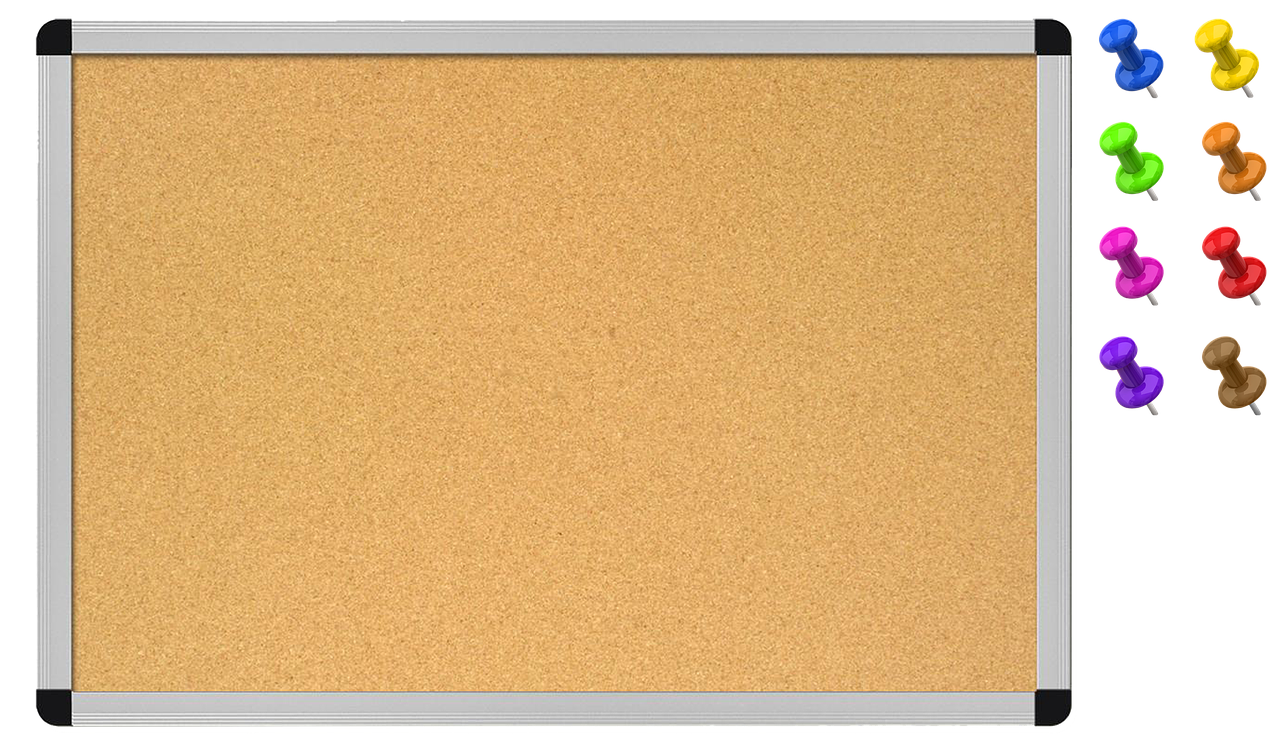Deadlines begin August 30, 2020. See chart below:
| AWARD | DEADLINE |
Administrative Leadership Award | August 30, 2020 |
Advocate for School Libraries Award | August 30, 2020 |
Earlene Billing Scholarship | August 30, 2020 |
Honorary Membership Award | August 30, 2020 |
I Love My Paraprofessional Award - one award for NR and one award for SR | August 30, 2020 |
Presidents’ Award | August 30, 2020 |
Technology Award | August 30, 2020 |
Southern Region Teacher Librarian Scholarship | September 27, 2020 |
Leadership for Diversity Scholarship - Teacher Librarian | October 1, 2020 |
Leadership for Diversity Scholarship - Paraprofessional | October 1, 2020 |
Jewell Gardiner Scholarship - Northern Region | October 15, 2020 |
Library Information Technology Scholarship – Northern Region | October 15, 2020 |
Educating our Communities Grant | No deadline |
Presentation details are provided on the application.
Additional requirements: Some of the awards, grants, and scholarships require the recipient to become an active member of a committee. You can find a list of the committees here. Some of the awards, grants, and scholarships require additional materials. You can send them to info@csla.net
CSLA AWARDS APPLICATIONS 2021 - Click on the name of the award to link to the application.
Administrative Leadership Award
This award honors administrators with direct responsibility for a school or group of schools who have made influential, unique, and sustained contributions to effective school library programs.
Advocate for School Libraries Award
This award honors a person or group (not currently employed in the school library) who has advocated for school libraries within the past year.
Honorary Membership Award
This award recognizes retired members of CSLA who have made outstanding contributions to school library programs and the Association over a sustained period of time.
I Love My Paraprofessional Award
This award recognizes a person who has made a positive impact for at least three years in a school library in a classified position.
Presidents’ Award
The purpose of this award is to honor a credentialed teacher librarian who, through the library program, directly affects students and teachers. Nominees must be CSLA members who work at the site level. Nominations may be made by library peers, administrators, teachers, or by the nominee himself or herself.

Technology Award
This award honors a teacher librarian who uses technology as a tool for learning and collaborates to promote the integration of technology in the curriculum. This award is sponsored by Mackin Educational Resources and includes $1,000 for use in the winner’s library.
CALIFORNIA SCHOOL LIBRARY FOUNDATION (CSLF) GRANTS
Earlene Billing First-Timer Grant
This grant awards $350 for a teacher librarian, school site library paraprofessional, or a librarian with an MS or MLIS degree to attend the CSLA Conference for the first time. The grant money may be applied to conference registration fees, transportation, and lodging.
The Educating Our Communities Grant
Grant Guidelines and Application
The purpose of CSLF is to support school libraries in California. Grants are available to school libraries in California and/or related institutions in partnership with libraries for the purpose of educating communities about school libraries.
Deadline: This particular grant has no deadline. It is available to be applied for at any time.
CSLA SCHOLARSHIPS
Leadership for Diversity Teacher Librarian Scholarship
This scholarship recognizes the need for teacher librarians who reflect the diversity of California’s multicultural, multilingual population. Applicants must be from a traditionally underrepresented group and be enrolled in an accredited teacher librarian credential program. One scholarship of $1,500 will be given.
Deadline: October 1, 2020
Leadership for Diversity Paraprofessional Scholarship
This scholarship recognizes the need for school library paraprofessionals who reflect the diversity of California’s multicultural, multilingual population. Applicants must be from a traditionally underrepresented group and be enrolled in a community college program for school library technical service certification. One scholarship of $1,000 will be given.
Deadline: October 1, 2020
NORTHERN REGION SCHOLARSHIPS
CSLA Northern Region Jewell Gardiner Memorial Fund Scholarship
The California School Library Association, Northern Region offers a scholarship in the amount of $1,000 to assist those persons who are currently enrolled in a Teacher Librarian Credential Program. The purpose of the scholarship is to assist with concurrently enrolled courses, or for attendance to the CSLA Conference. Complete only one application. Winners will be selected from the eligible applications received.
Deadline: October 15, 2020.
For Paraprofessionals:
CSLA Northern Region Library Information Technology Scholarship
The California School Library Association, Northern Region offers a scholarship in the amount of $500.00 to assist those persons who are currently enrolled in a Library Information Technology Program. The purpose of the scholarship is to assist with concurrently enrolled courses or attendance at the CSLA Conference. Complete only one application. Winners will be selected from the eligible applications received.
Deadline: October 15, 2020.
SOUTHERN REGION SCHOLARSHIPS
CSLA Southern Region Teacher Librarian Scholarship
Recognizing that there is a need for professional Teacher Librarians, the California School Library Association, Southern Region, offers one (1) scholarship in the amount of $1,000. The purpose is to assist those persons seeking preparation leading toward a degree or credential that will qualify the individual to work as a professional in the school library field in a school setting. Complete only one application. One winner will be selected from the eligible applications received.
Deadline: September 27, 2020.
Link to Past CSLA Award Winners
The CSLA Board looks forward to recognizing the extraordinary work of school library staff during this year of exceptional challenges!
Kathleen Sheppard, Past President, CSLA







